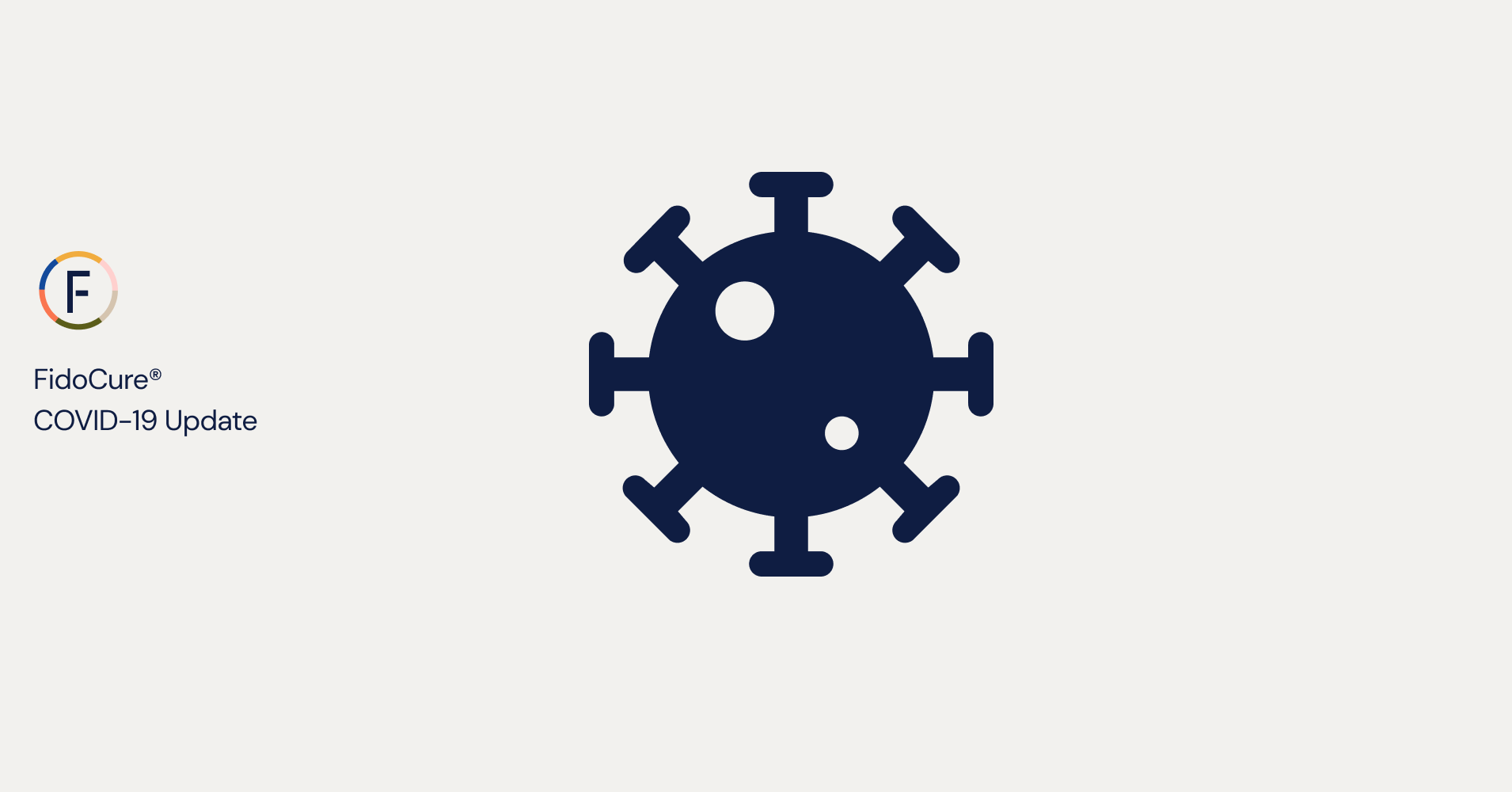Companion Animal Science Takes Center Stage: Insights from The New York Times
A recent article in The New York Times, titled, "How science went to the dogs (and cats)," highlights the remarkable evolution of companion animal research over the past two decades. Once dismissed as trivial subjects, pets are now at the forefront of scientific inquiry, with researchers around the world delving deep into the bodies and minds of cats and dogs.
The article discusses how the field of canine genetics has seen explosive growth since 2004 when the first dog genome was sequenced. Today, thousands of dogs have had their genomes mapped, ranging from purebreds to village dogs and even ancient canine remains. This genetic goldmine has led to breakthroughs in understanding canine traits, diseases, and behaviors.
Large-scale citizen science projects are driving much of this progress. Initiatives like the Dog Aging Project and Darwin's Dogs are enrolling tens of thousands of pets to study health, longevity, and behavior. These projects leverage the enthusiasm and dedication of pet owners, who are eager to contribute to scientific understanding and improve the lives of their furry companions.
Cats, too, are gaining attention in the scientific community. New projects like Darwin's Cats are launching to study feline genetics and behavior, challenging long-held assumptions about our feline friends' social capabilities and cognitive skills.
Importantly, this surge in companion animal research is not just benefiting pets. As dogs and cats share many of our genes and live in our environments, studies on these animals are informing human medicine. Researchers are exploring how factors like pollution, lifestyle, and social environments impact health in both pets and people.
The field of canine cognition has also blossomed, revealing dogs' sophisticated social skills and their remarkable ability to interpret human cues. This research is helping us understand not just how dogs think, but also how they've adapted so successfully to life with humans.
At FidoCure, we're proud to be part of this scientific revolution in companion animal health. Our precision medicine approach for canine cancer aligns perfectly with the trend towards more sophisticated, data-driven pet healthcare highlighted in the article. We're especially excited that Dr. Elinor Karlsson, mentioned in the NYT article as the founder of Darwin's Dogs and Darwin's Cats, serves on FidoCure's board of medical and veterinary advisors. Dr. Karlsson's expertise in canine genetics and her innovative approach to large-scale pet research contribute valuable insights to our mission of advancing cancer care for dogs.
As we continue to push the boundaries of what's possible in canine cancer treatment, we're inspired by the broader progress in companion animal science. The growing recognition of pets as valuable subjects for scientific study not only deepens our understanding of these beloved animals but also opens new avenues for improving their health and well-being.
The future of companion animal science is bright, and at FidoCure, we're committed to being at the forefront of this exciting field. By leveraging cutting-edge research and technology, we're working tirelessly to provide the best possible care for dogs with cancer, contributing to the incredible progress being made in pet health and longevity.


